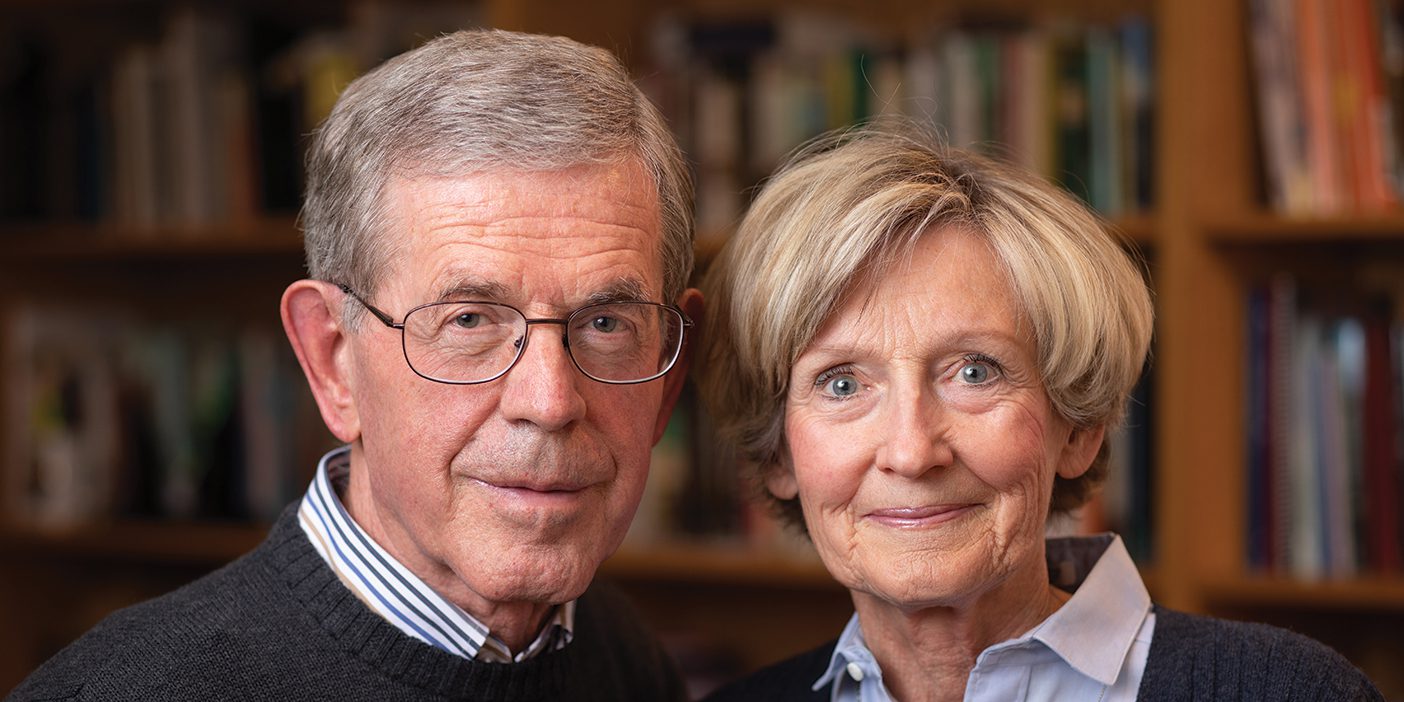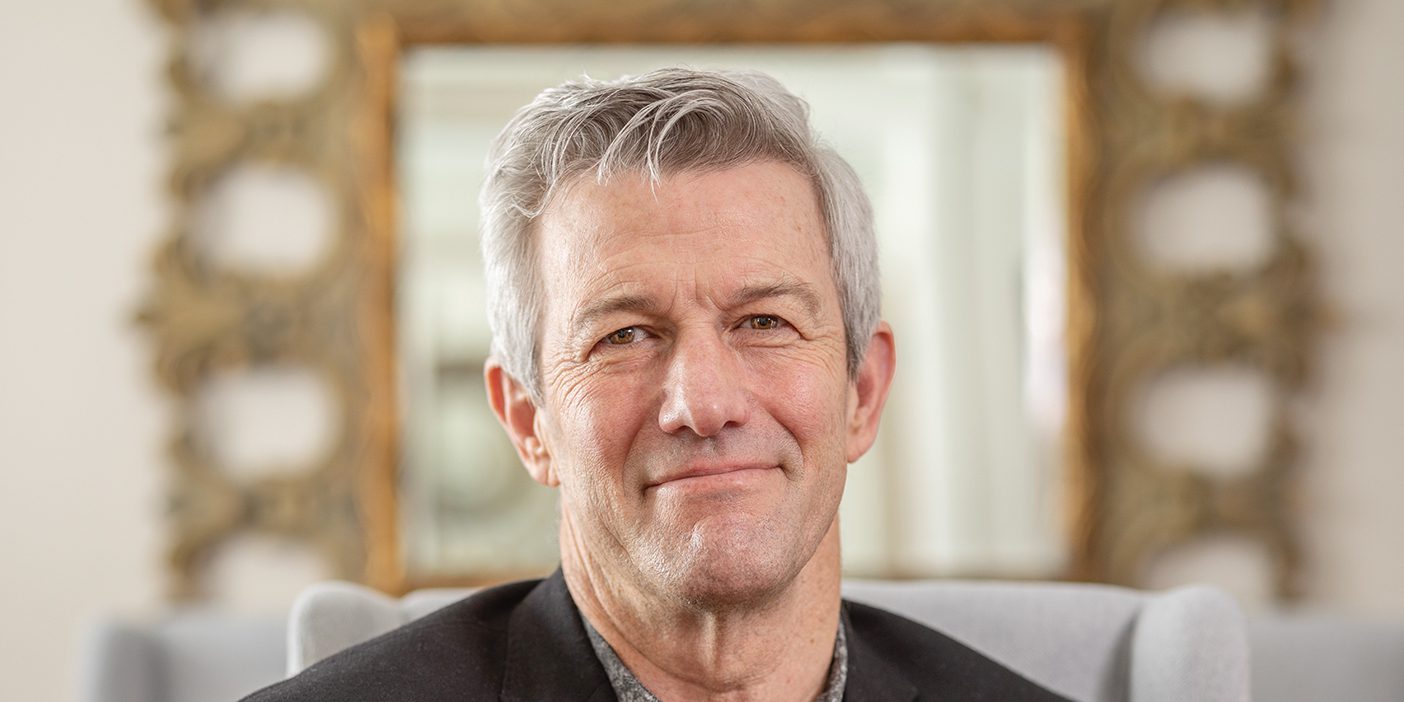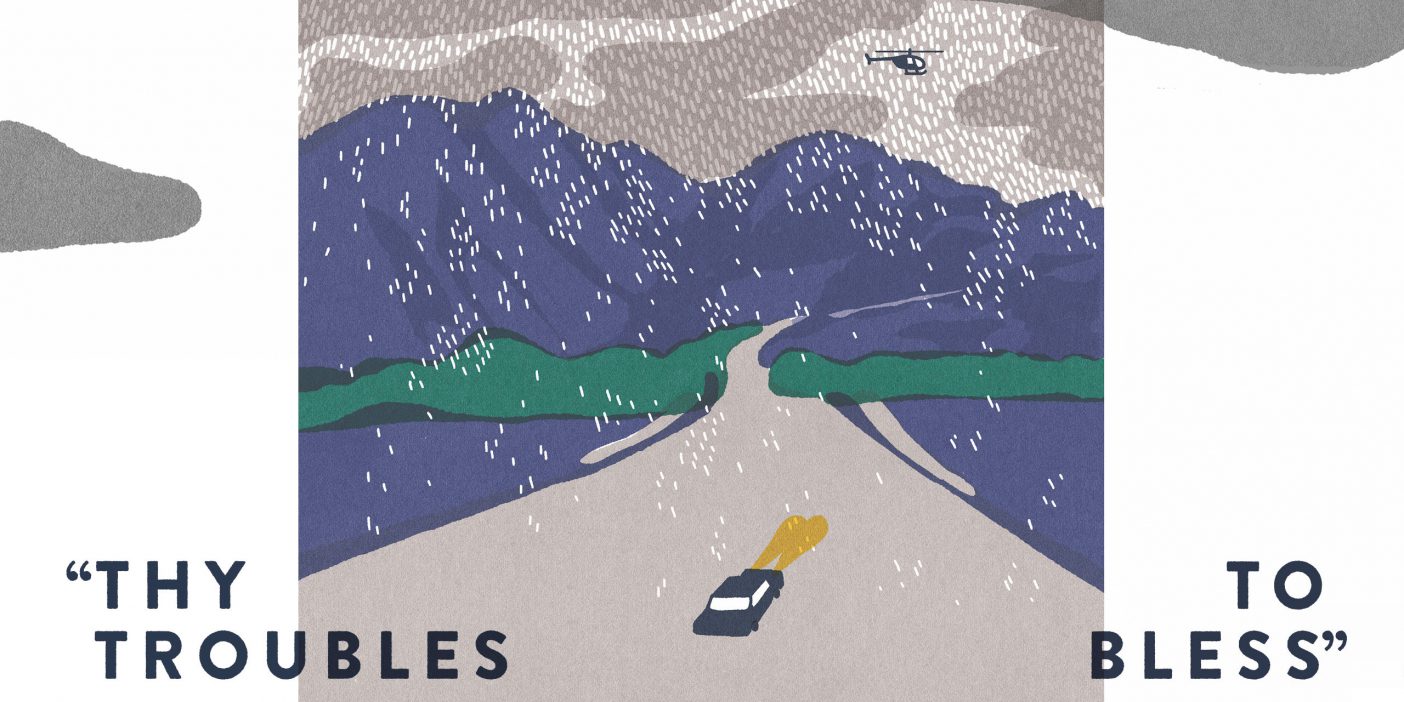
Former BYU provost and general authority emeritus Bruce C. Hafen (BA ’66) and his wife, Marie Kartchner Hafen (BA ’64, MA ’66), recently coauthored Faith Is Not Blind, a book that offers perspective, tools, and compassion for Saints struggling with their faith. Harvard business professor Clayton M. Christensen (BA ’75) recommends the book’s “simple but powerful three-stage framework” that speaks “to anyone who is troubled by religious doubts.”
MKH: “We first met in a BYU class called Your Religious Problems, where we each researched our religious question and presented our findings to the class. We dealt with most of the same questions we’re hearing today—about Joseph Smith, polygamy, race and the priesthood, and so on. Each of us has problems to work through while learning to trust God.”
BCH: “Our hearts go out to people whose faith becomes unsettled. We’ve been there ourselves. But our experience is larger than our vocabulary. That’s why the tearful father said to Jesus, ‘I believe; help thou mine unbelief’ (Mark 9:24). It’s not unusual to feel both belief and unbelief. Dealing with uncertainty and ambiguity is part of faith’s natural growth process. That’s how we develop authentic spiritual maturity.
“That class, and all of our experience since then, has taught us that if we work through our issues with trustworthy resources and a believing attitude, our faith becomes better informed—and stronger. The Church doesn’t self-destruct under scrutiny.”
BCH: “The book’s message is that we can learn from unexpected questions rather than feeling disillusioned by them. The book’s three-stage model draws from a quote attributed to Oliver Wendell Holmes: ‘I would not give a fig for the simplicity this side of complexity; but I would give my life for the simplicity on the other side of complexity.’
BCH: “Adam and Eve’s story illustrates this pattern. In the garden, their simple faith was untested—stage 1. Then they encountered complexity—stage 2—when they tasted the forbidden fruit and entered the thorns of mortality, eventually losing both Cain and Abel. Then through an angel and the Holy Ghost, God taught them how Christ’s redemption gave purpose to the harshness of mortality.”
MKH: “Then, understanding what was being taught, ‘Eve . . . was glad, saying: Were it not for our transgression we never should have . . . known good and evil, and the joy of our redemption’ (Moses 5:11; emphasis added). Now they’d learned from their complexities, they’d overcome them, and they were in stage 3—a settled and informed simplicity, tempered and tested by experience. Then they could comprehend real joy.
“King Lear also illustrates the three-stage process. His early simplicity is a blinded ‘me’ view of his daughters and his kingdom. Neither does he know good from evil. But then he struggles through forced humility and storm-filled madness—his complexity. Eventually, the sacrifices of his daughter Cordelia help Lear to see beyond his chaos and feel the reality of purified simplicity. After paying a very high price, Lear comes to know the joy of redemption.”
BCH: “John Milton wrote that he couldn’t ‘praise a . . . cloistered virtue’—an untested virtue that ‘never . . . sees her adversary.’ True faith is not blind. True faith sees, and overcomes, her adversary. So faith isn’t an event or a slogan. Faith is a process. With wide-open eyes, we can meet new adversaries while still trusting what we already know—trust the Restoration’s mountains of true doctrine, the Book of Mormon, and, above all, our personal relationship with God.
“That doesn’t mean you don’t think about the issues. Once you’ve done all you can to gather and understand the available evidence, you may still fall short of absolute certainty. The Lord wants us to come to the edge of our capacity, the edge of the light. That’s where the growth is. And we needn’t let the things we don’t yet understand get in the way of the precious things we do understand.”
BCH: “This message matters today. Technology, like the one-click answers from Siri and GPS apps, has reduced our exposure to everyday ambiguity, compromising our ability to manage uncertainty when it arises. Yet with patience, insight, and effort, we can learn to deal productively with ambiguity in all contexts, including religious ones.”
MKH: “Surrounded by the warp speed of the internet culture, we all—especially young people—have so much noise around us: too many choices, too many questions, so much confusion! It’s nearly impossible to evaluate all the conflicting messages, but the gospel’s peace can sharpen our discernment.”
BCH: “Church leaders will help most if they put themselves in the shoes of the person with the questions and listen carefully to understand the concern and why it’s so hard. If the person we’re helping feels listened to rather than lectured to, our testimony to him or her will be far more reassuring.
“It also helps if leaders can avoid being dismissive toward people with questions. Rather, good leaders work to understand each person’s life context. For example, why can two people see the same new information and one is disturbed by it while the other learns from it? Probably because we each have a unique background. As one friend said, those who react in a negative way to something they didn’t know before or feel distrustful toward a Church leader might be reflecting some prior unhealed wound—harmful family dynamics, hard missionary experiences, clashes with authority, naïve views of Church history, past personal mistakes, lack of recent spiritual experience, or shame or anger about the Church’s position on social issues.”
MKH: “Good parents teach their children to have their own testimony, their own relationship with God. If they don’t, when their kids confront a faith-jolting experience, they may ask, for the first time, do I really believe this? Some will then work to build their own private relationship with God. But for others, aggressive anti-Church arguments can collapse their fragile faith like a shell built around a vacuum.”
BCH: “Much is at stake. If we can’t learn how to give the Lord and His Church the benefit of the doubt as we work through our questions, it won’t be long until we’re unwilling to go down the road of faith and sacrifice at all—the only road that leads to the deep simplicity of eternal life in God’s presence.”












